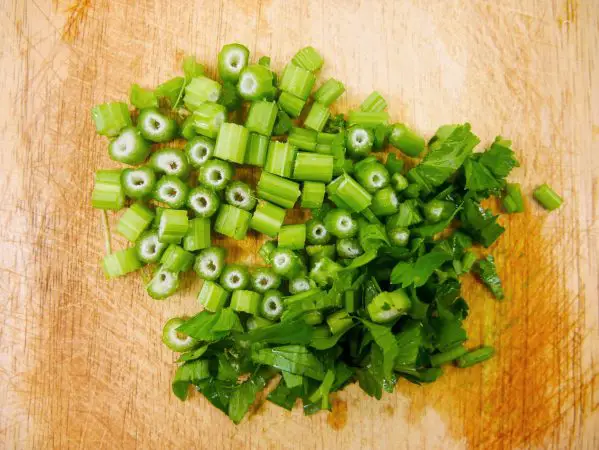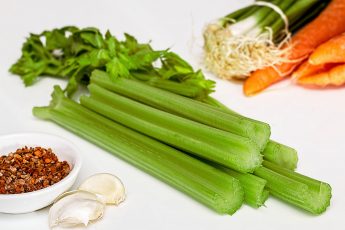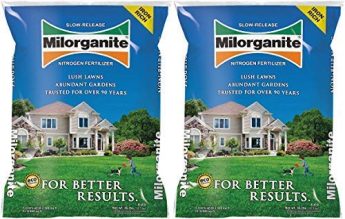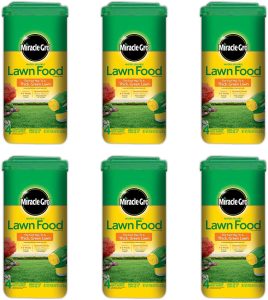Cruciferous vegetables are many leafy greens such as cabbage, Brussels sprouts, broccoli, kale, cauliflower, and similar others. Even though these vegetables offer a high number of nutrients, there may be reasons that some people may not want to include them in their diet.
The reason for that is that if you have a thyroid disorder, it is best to avoid cruciferous vegetables in their raw state. That is because cruciferous vegetables can diminish the function of the thyroid even more. So what do you do when you want to load up on vegetables in your diet? The good news is that many nutritious and delicious non-cruciferous vegetables to enjoy will not cause thyroid complications.
Let’s go over the list now.
You will be shocked to know the types of vegetables and fruits there are. Find out about them HERE.
Quick Summary
In this article, we’ll find out the Non-Cruciferous Vegetables worldwide.
Without further ado, let’s get started
Non-Cruciferous Vegetable List
Beets
Beets are a very healthy vegetable that is non-cruciferous. The incredible thing about this vegetable is that it provides a generous amount of Vitamin C, which is fantastic and powerful for the immune system. It also contains manganese, fiber, potassium, folate, and iron. Not only is it safe for those who have thyroid disorders, but beets are excellent for reducing blood pressure.
They contain properties that can help improve blood flow, and it also helps improve exercise performance. One popular thing to drink is beet juice as you can juice it, and drink one cup a day to help improve blood flow.
Parsley
Parsley looks like it is cruciferous, but it is not. You can enjoy a strand of parsley to put inside your soup, and you can enjoy it as a seasoning for other dishes as well. It contains many excellent beneficial properties such as Vitamin A, C, and K and loads of antioxidants.
In addition, parsley is suitable for your cardiovascular health, blood sugar levels, bone health, and kidney health, and it can stay fresh for a long time. You can keep new parsley fresh for two weeks, and dried parsley can remain good for up to a year.
Celery
 Celery is another vegetable to keep in your fridge as it is not only non-cruciferous but also effortless to digest. In addition, the vegetable has plenty of vitamins and minerals, and potent antioxidants and has an alkalizing effect on your body.
Celery is another vegetable to keep in your fridge as it is not only non-cruciferous but also effortless to digest. In addition, the vegetable has plenty of vitamins and minerals, and potent antioxidants and has an alkalizing effect on your body.
The great thing about celery is that it also has anti-inflammatory properties. You can enjoy it as a snack as you will not have to worry about taking in calories. However, you may want to use a dip to spice it up, and you can add some peanut butter on celery as well, as it is a healthy and filling, low-sugar snack.
Sweet Potatoes
Sweet potatoes are excellent root vegetables with plenty of fiber, nutrients, and an abundance of Vitamin A and beta carotene, perfect for your eyesight. Additionally, it has immune-boosting properties that will help you fight off infections and viruses, as well as other types of antioxidants.
Sweet potatoes are starchy, but they have so many other health benefits that make the calories that come from them worth it. It may sound counter-intuitive, but sweet potatoes have properties that help keep insulin working well and help to lower the risk of diabetes.
In addition, sweet potatoes can help reduce the risk of cancer and high blood pressure.
Potatoes
Potatoes are a non-cruciferous root vegetable. Even though they are higher in carbohydrates, they have plenty of vitamins and minerals and contain fiber and antioxidants that can help keep you healthy.
For example, the high levels of fiber in potatoes can help control blood pressure and bad cholesterol levels. So, even though potatoes get a bad rap, they do have plenty of excellent nutrients, but the thing is, you want to ensure that you don’t overeat them because they do have plenty of calories.
One serving a day, however, is nutritious and ideal.
Carrots
Carrots are also excellent non-cruciferous root vegetables that contain many nutrients that include Vitamin A and beta carotene, which can help keep your eyesight strong, as well as calcium and Vitamin K, which are essential for your bone health.
If you eat the right servings of carrots daily, you will also help reduce your chances of developing diabetes, as they help keep your blood sugar levels under control. Cooked carrots have more sugar than raw carrots, but either way, in moderation, both are healthy for you.
And you will want to stock your fridge with this superfood.
Check out the best fertilizers for your lawn
Conclusion
There are many other non-cruciferous vegetables‘ such as tomatoes, bell peppers, spinach, chard, cucumbers, garlic, and onions. If you have a thyroid disorder, it is essential to ensure you have enough vegetables in your diet, so you have the nutrients to help support your health. You can use these vegetables in recipes and make some excellent soups out of them.
A few of these vegetables you can eat as a snack independently with some dip, or eat them as a side dish as well. Either way, you must include these vegetables in your diet as you keep cruciferous to a minimum.
Check out our website to find out all the insights into having the garden of your dreams.








